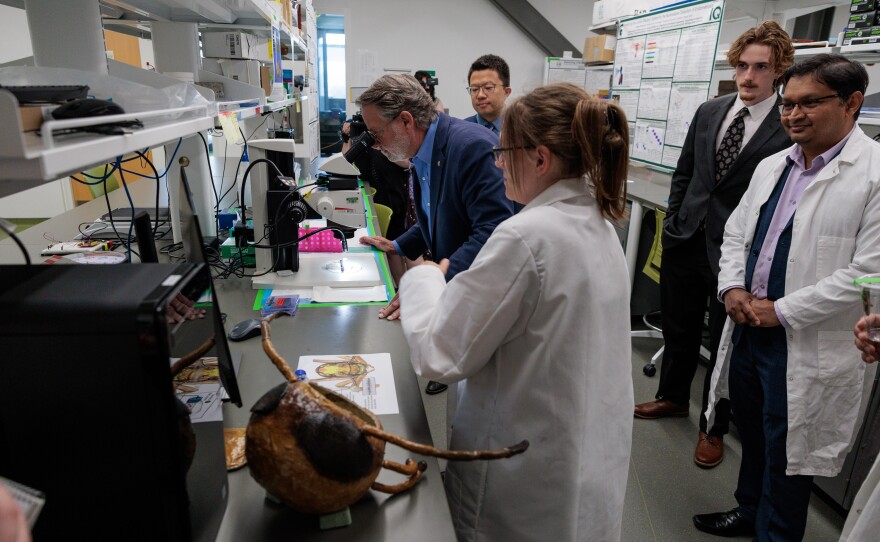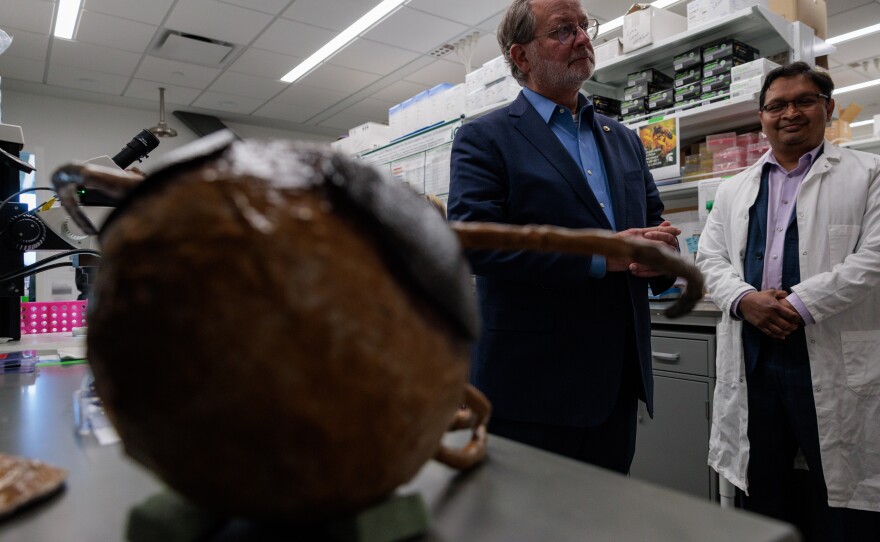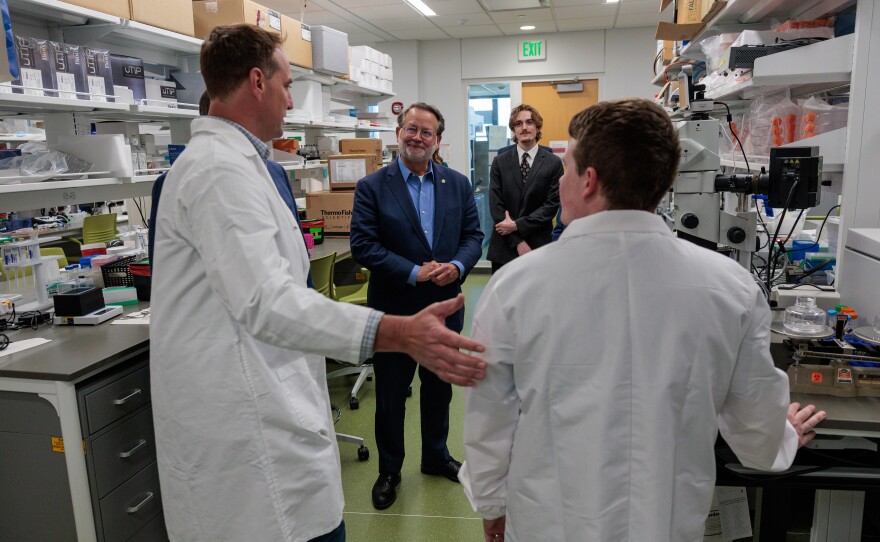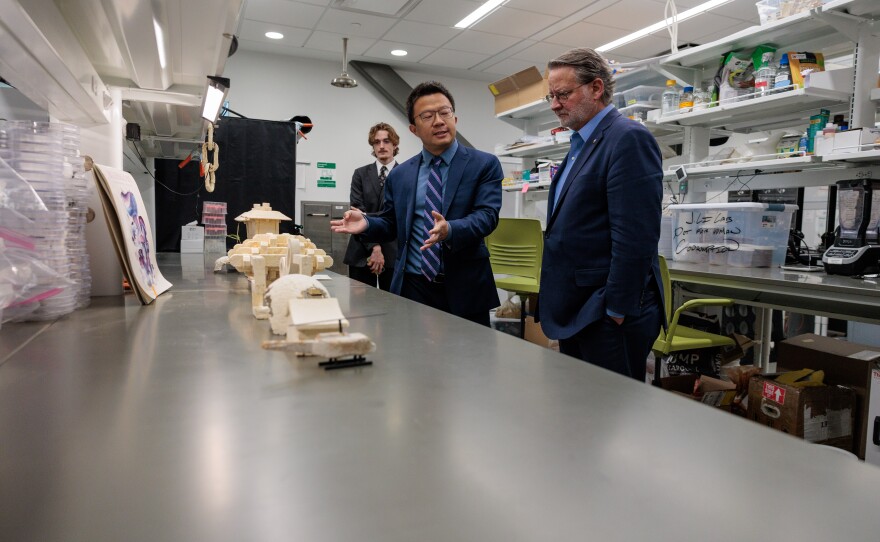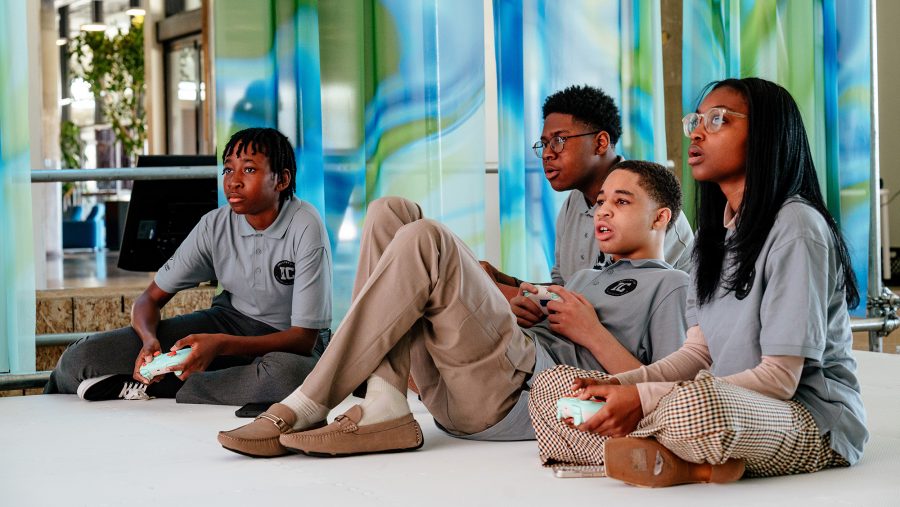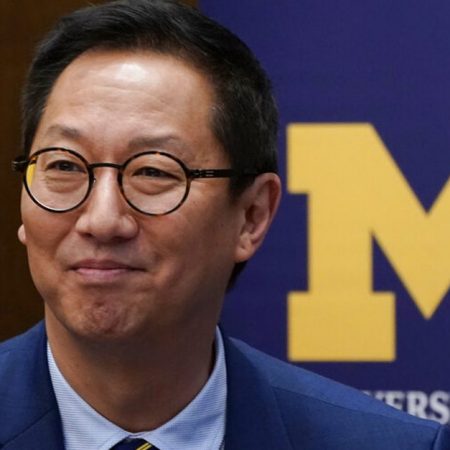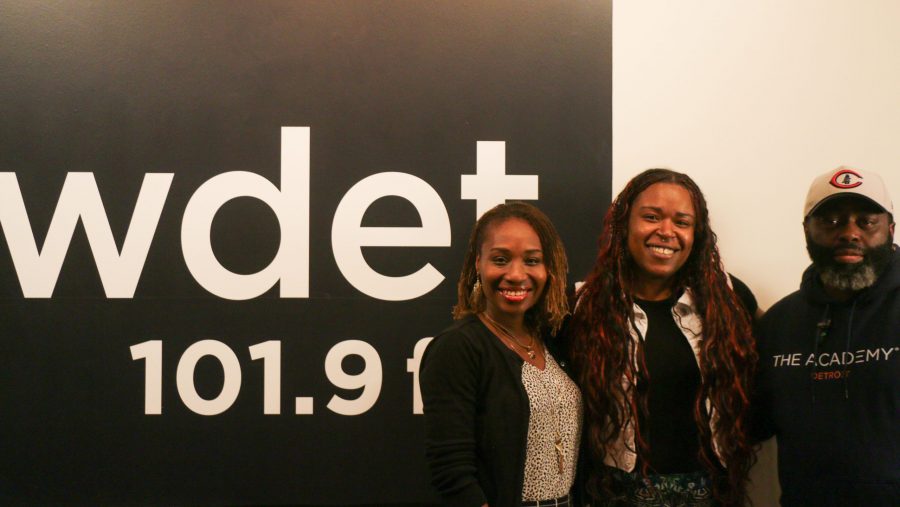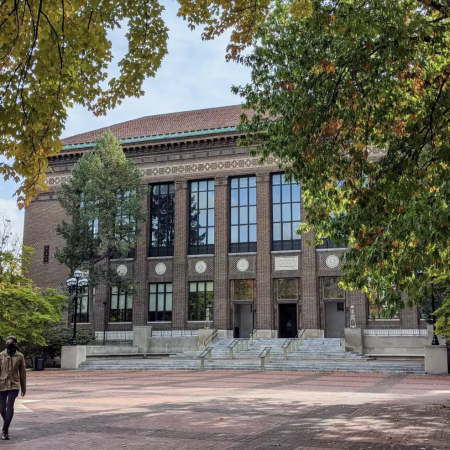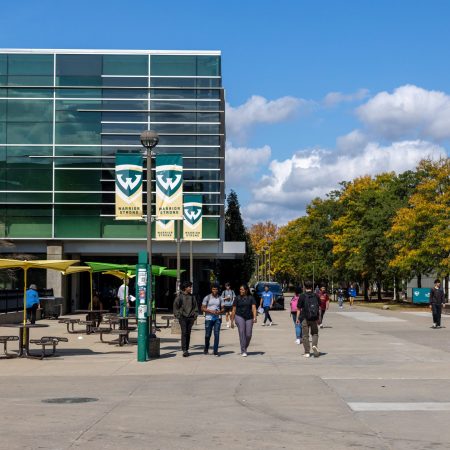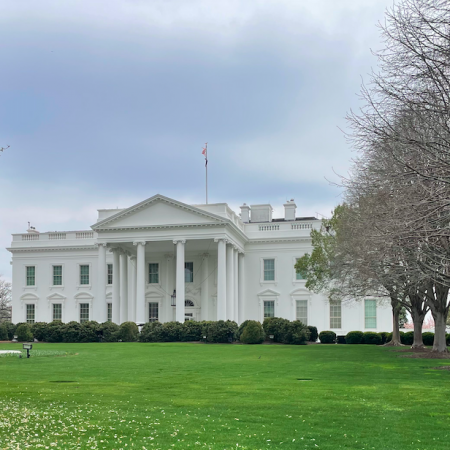Some university faculty members across the Big Ten system want the schools to pool resources to help defend each other if the Trump administration threatens their funding or programs.
Those schools include the University of Michigan, where the faculty senate voted overwhelmingly to approve a non-binding resolution creating such an alliance.
Michigan State University’s faculty senate also voted recently to ask the school’s administration to enact the joint-defense proposal.
MSU Faculty Senate Vice Chair Jack Lipton told WDET the measure stems from a recommendation first developed and passed by educators at Rutgers University in New Jersey.
The following interview has been edited for clarity and length.
Jack Lipton, Michigan State University Faculty Senate: They had come up with this idea to create an agreement that ran like NATO, “an attack on one is an attack on all,” and propose this out to the schools who are part of the Big Ten Academic Alliance. We took it up with the idea that the federal government, through executive orders, is trying to control what universities are doing through intimidation, through loss of funding. And by going after schools one at a time, it’s difficult for schools to mount an effective defense when they are looking at potentially losses of millions to hundreds of millions of dollars in their funding. Soultimately the faculty senate, which is an advisory body, asks that our president lead with the other presidents of the Big Ten in pushing back against what we consider to be inappropriate and unlawful incursions into the academic mission of private and public universities.
Quinn Klinefelter, WDET News: What would this have the university do if, in fact, administrators accepted it?
JL: The university would put funds into a central repository that would be accessible to all members of the Big Ten, and also utilize human capital, with respect to the offices of the General Counsel and their attorneys. They would work together to mount defenses of any member school if they are challenged by the federal government, through these executive orders, with a loss of funding where they’re targeted based upon perfectly legal actions as universities. They’re all following Title 9 regulations related to students. A lot of what the federal government is trying to do is to say that schools are involved in unlawful discrimination, when the schools are actually supporting equity and inclusion, which this particular administration doesn’t seem to be particularly fond of. Giving all people equal opportunity to gain access to higher education, whether it’s through their work or through education or through jobs.
QK: Have you had any reaction yet from the Michigan State administration as to whether or not they might follow your recommendations?
JL: I’ve not. Anything that we pass in the faculty senate is strictly advisory. It’s our sense of what should be done and the university president has no obligation to act on our resolution. I would hope that as it garners continued public attention, the president will work with other big Ten leaders to try and figure out some way to support each other so that we’re not essentially picked off one by one.
QK: There have been a number of faculty senates now throughout Big Ten schools that have either voted for this proposal or seem to be considering it. There were some on your faculty that were a little iffy about doing it. Why is that?
JL: Everyone looks at this differently, right? Some individuals feared that by the very fact we’re considering this, we are putting a target on our backs for the federal government to act specifically against Michigan State University. And there were some that had some trepidation regarding passing it. But then there were others who specifically study things like authoritarian regimes and human rights, they felt this is really that critical point when we have to decide whether we are going to do the right thing or we’re going to do the safe thing. While differences of opinion were clearly present, ultimately, when it came to a vote, we shut off debate and it passed. I think that most faculty are obviously concerned about passing something like this. But even despite that, they saw the value and the appropriateness of taking a stand and making a recommendation. We really want to ensure that higher education can continue to maintain its high ideals and be a place where academic freedom and free speech can be lauded and expected.
“Seeing an administration that is so contemptuous of higher education, so contemptuous of freedom of thought and freedom of expression, is really alarming; they are trying to silence faculty by using the power of the purse and withholding federal funding.”
– Jack Lipton, MSU Faculty Senate Vice Chair
QK: You’ve been involved in high-level academia for decades now. Have you ever seen something similar to this in regards to the federal government’s view of and actions towards higher education?
JL: I don’t think anyone has ever seen anything like this. The post-World War II expansion of higher education has been kind of a crown jewel of the United States. The growth of higher education, the growth of universities, particularly public universities like Michigan State University, have been such a gift to this country. And seeing an administration that is so contemptuous of higher education, so contemptuous of freedom of thought and freedom of expression, is really alarming. They are trying to silence faculty by using the power of the purse and withholding federal funding. We all use those funds in our research, like I and the people in my department do to work on neurodegenerative diseases and find the causes and cures of Parkinson’s and Alzheimer’s disease. They are trying to hold those kinds of funds hostage so that we’ll be quiet. I think that’s wrong, and I’m hopeful that this is a sad, yet brief chapter in American history when it comes to higher education.


